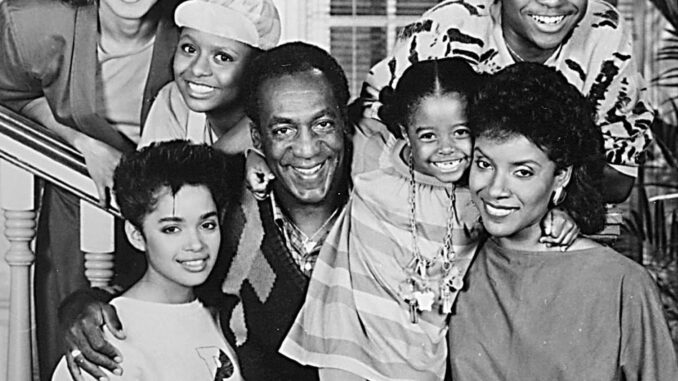
Phylicia Rashad, a celebrated actress best known for her role as Clair Huxtable on “The Cosby Show,” recently sparked widespread outrage due to her comments regarding Bill Cosby, who was convicted of sexual assault.
Rashad’s remarks, which expressed support for Cosby following his release from prison, ignited a firestorm of criticism from various quarters, including fellow actors, advocates for survivors of sexual assault, and the general public. The controversy began when Rashad took to social media to celebrate Cosby’s release, referring to it as a “victory” for him and expressing joy at the overturning of his conviction. While Rashad’s sentiments reflect a belief in the justice system and the presumption of innocence, many interpreted her comments as an outright dismissal of the numerous allegations against Cosby and the suffering of his accusers. This perception is particularly poignant given the #MeToo movement, which has brought significant attention to issues of sexual violence and the importance of believing survivors.
Critics argue that Rashad’s statements undermine the experiences of the dozens of women who have accused Cosby of sexual misconduct. For many survivors, seeing a public figure like Rashad support Cosby can feel like a betrayal, suggesting that their voices are not valued or heard. This sentiment is exacerbated by the fact that Rashad occupies a prominent position in the entertainment industry, where her opinions can influence public perception and discussions surrounding sexual assault.
In response to the backlash, Rashad clarified her comments, emphasizing her support for survivors and expressing the importance of listening to their stories. However, the damage had been done; many felt that her initial response lacked sensitivity and a proper understanding of the broader implications of her words.
This incident highlights a critical conversation about accountability, the role of public figures in discussing sensitive issues, and the ongoing impact of the #MeToo movement. It raises questions about how society navigates the complex intersections of fame, justice, and morality. Rashad’s comments serve as a reminder that discussions surrounding sexual assault require a careful and nuanced approach, one that prioritizes the voices of survivors while also engaging with the complexities of legal outcomes.
Ultimately, the outrage surrounding Rashad’s remarks reflects a broader societal reckoning with issues of power, privilege, and the responsibility that comes with a public platform. As conversations about these topics continue to evolve, it is essential for all individuals—especially those in positions of influence—to approach discussions about sexual violence with empathy, awareness, and a commitment to justice for survivors.
